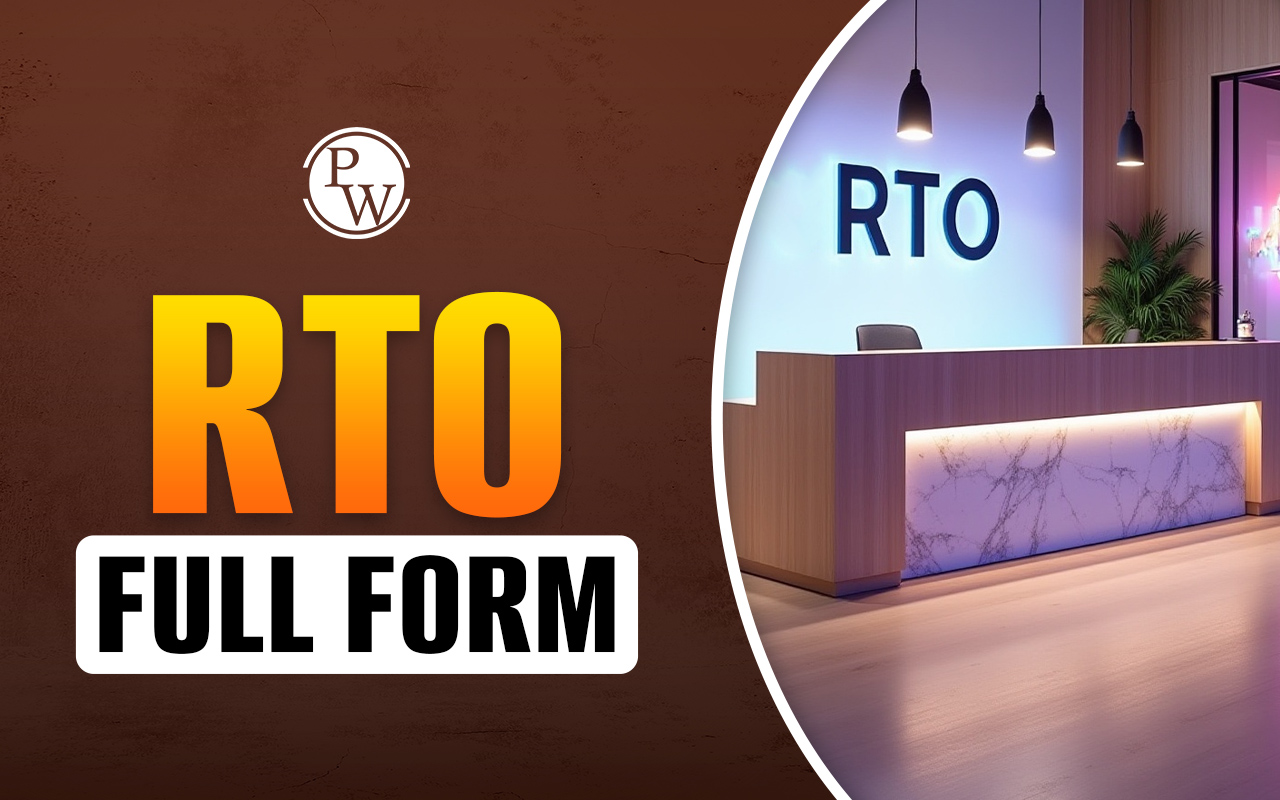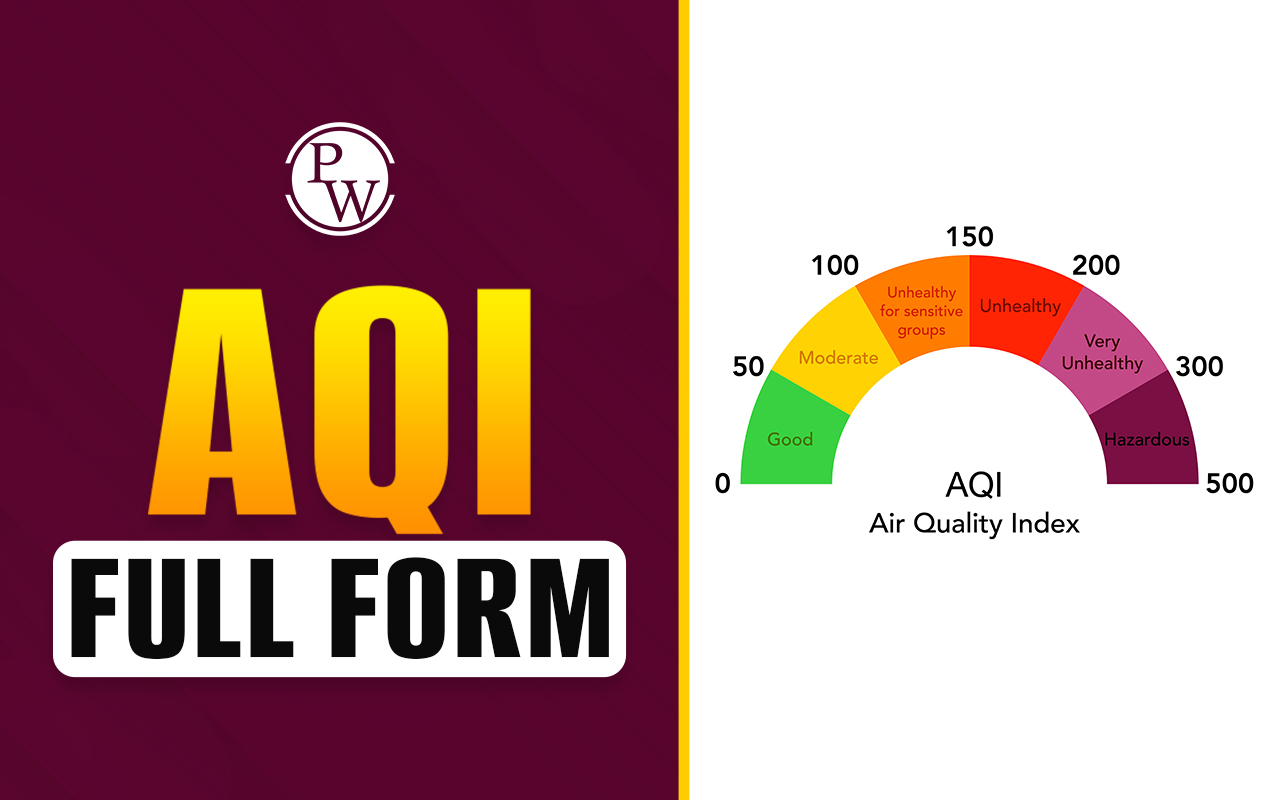

PhD stands for Doctor of Philosophy, an academic degree awarded in various fields, including the natural sciences, engineering, humanities, and social sciences.
History and Background of PhD
The origin of the PhD degree traced back to medieval Europe, where the "Doctor of Philosophy" title used to refer to scholars who had achieved the highest level of academic excellence in certain fields. PhDs developed primarily in Germany in the late 19th and early 20th centuries where a research-based thesis became an integral part of the curriculum.
Over time, the PhD became an internationally recognized academic degree and expanded to include a wide range of disciplines. Moreover, the PhD awarded by universities in many countries highly regarded as a symbol of advanced academic and professional achievement.
How to Earn a PhD?
Earning a PhD typically involves the following steps:
- Completing a bachelor's or master's degree: In most cases, a PhD candidate must have a bachelor's or master's degree in a relevant field before beginning a PhD program.
- Applying to a PhD program: The process of applying to a PhD program typically involves submitting transcripts, recommendation letters, test scores, and a personal statement.
- Completing coursework: In the first year or two of a PhD program, students typically complete coursework in their field of study to build a strong foundation of knowledge.
- Passing comprehensive exams: In some PhD programs, students must pass comprehensive exams to demonstrate their mastery of the material covered in their coursework.
- Conducting research: The core of a PhD program is the completion of original research, which culminates in a thesis or dissertation. This research should make a significant contribution to the field of study and demonstrate the student's ability to think critically and independently.
- Defending the thesis or dissertation: Before awarded a PhD, the student must defend their thesis or dissertation in front of a committee of experts in their field. This usually involves presenting their research and answering questions from the committee.
Regulatory Body in India
In India, the University Grants Commission (UGC) regulates the rules and regulations for PhD programs. The UGC is the primary government body responsible for overseeing and coordinating higher education in India, and it sets guidelines for PhD programs offered by universities and colleges across the country.
List rules and regulations by UGC for PhD
The University Grants Commission (UGC) in India lays down the following rules and regulations for PhD programs:
- Eligibility: A candidate must have a master's degree or equivalent with a minimum of 55% marks (or an equivalent grade) from a recognized university to be eligible for a PhD program.
- Enrollment: A candidate must enroll as a full-time student in a recognized university or research institute to pursue a PhD.
- Duration: The minimum duration of a PhD program is three years, excluding the time taken for coursework and comprehensive exams.
- Coursework: In some cases, a candidate required to complete coursework in the first year of the PhD program.
- Supervision: Every PhD candidate must have a supervisor who is a full-time faculty member of the university or research institute where the candidate is enrolled
- Research Progress: A PhD candidate must submit an annual report on the progress of their research to the supervisor and the department.
- Thesis or Dissertation: A PhD candidate must submit a thesis or dissertation that represents original research and makes a significant contribution to the field of study.
- Defense of Thesis or Dissertation: A PhD candidate must defend their thesis or dissertation in an open viva-voce examination conducted by a panel of experts in the field.
Stipend
The University Grants Commission (UGC) in India provides stipend provisions for PhD students in the form of research fellowships. The UGC offers two types of research fellowships for PhD students: the Junior Research Fellowship (JRF) and the Senior Research Fellowship (SRF).
- Junior Research Fellowship (JRF): The JRF awarded to PhD candidates in the first two years of their program. The stipend for the JRF is currently set at INR 31,000 per month.
- Senior Research Fellowship (SRF): The SRF awarded to PhD candidates in their third year and beyond. The stipend for the SRF is currently set at INR 35,000 per month.
Entrance Exams Related to PhD in India
There are several entrance exams commonly required for admission to PhD programs in India. Some of the most well-known entrance exams for PhD programs in India include:
- National Eligibility Test (NET): The NET is conducted by the National Testing Agency (NTA) and is a qualifying exam for admission to PhD programs in various fields of study, including humanities, social sciences, and natural sciences.
- Graduate Aptitude Test in Engineering (GATE): The GATE is an entrance exam for admission to PhD programs in engineering and technology.
- Council of Scientific and Industrial Research (CSIR) - National Eligibility Test (NET): The CSIR-NET is an entrance exam for admission to PhD programs in science, engineering, and technology.
- Joint Entrance Screening Test (JEST): The JEST is an entrance exam for admission to PhD programs in physics.
- Joint Admission Test for Masters (JAM): The JAM is an entrance exam for admission to integrated PhD programs in various fields, including mathematics, statistics, and computer science.
[wp-faq-schema title=" Full Form PhD FAQs" accordion=1]
Q1. How long does it take to complete a PhD program?
Q2. What is the difference between a PhD and a professional doctorate?
Q3. Is a PhD worth the investment of time and money?












